
Here's some of what is coming soon to NeurologyLive® this week.

New research reveals that socioeconomic factors, rather than cardiovascular risks, significantly influence the occurrence of nonfocal transient neurologic attacks in older adults.
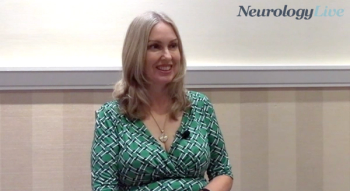
At the 2025 ATMRD Congress, a patient advocate living with Parkinson disease emphasized the importance of amplifying patient voices at educational conferences for movement disorders. [WATCH TIME: 5 minutes]

Test your neurology knowledge with NeurologyLive®'s weekly quiz series, featuring questions on a variety of clinical and historical neurology topics. This week's topic is on the use of GLP-1 RAs in neurology.

A newly reported case highlights acute retinal necrosis from varicella zoster virus in a patient with multiple sclerosis on dimethyl fumarate, underscoring the need to consider non–optic neuritis causes of vision loss.
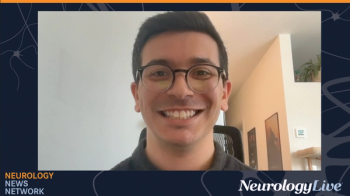
Neurology News Network. for the week ending August 23, 2025. [WATCH TIME: 4 minutes]

Take 5 minutes to catch up on NeurologyLive®'s highlights from the week ending August 22, 2025.
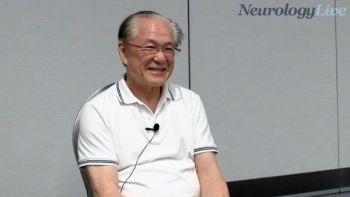
The professor and chair of neuroscience at UT Southwestern Medical Center discussed how circadian clock genes regulate cellular metabolism and potentially influence headache. [WATCH TIME: 6 minutes]

Lea Grinberg, MD, PhD, a neuropathologist at Mayo Clinic Florida, discussed how tau accumulation and orexin neuron loss drive early sleep disturbances in Alzheimer disease and the potential for sleep-based biomarkers.
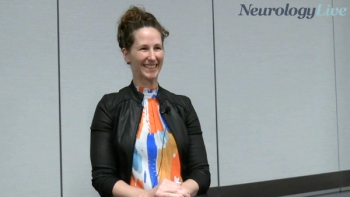
The headache neurologist at the Barrow Neurological Institute talked about an international expert panel that established agreed-upon definitions for refractory and resistant migraine. [WATCH TIME: 4 minutes]

Mind Moments®, a podcast from NeurologyLive®, brings you an exclusive interview with Danielle Andrade, MD, MSc. [LISTEN TIME: 13 minutes]

A new study reveals NT-0796's potential to reduce neuroinflammation in Parkinson's disease, paving the way for future treatments.

The decision stemmed from the DREAM study, which found that the Genio system was effective regardless of a patient’s sleeping position, which was particularly important considering patients spend on average 35% to 40% of in a supine position.
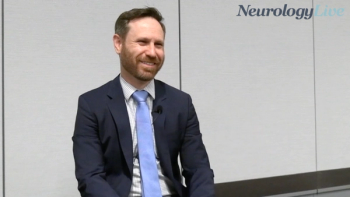
At AHS 2025, the associate clinic director at the UC San Diego talked about the cautious use of cannabinoids in migraine and the importance of standard therapies before cannabinoids. [WATCH TIME: 3 minutes]
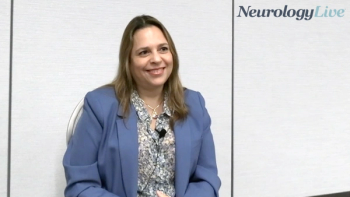
The director of the Brotman Facial Pain Clinic at the University of Maryland talked about emerging preclinical evidence supporting adenosine A3 receptor activation for post-traumatic trigeminal neuropathic pain. [WATCH TIME: 5 minutes]

A recent study highlights that hearing aids significantly lower dementia risk in younger patients with hearing loss, emphasizing the need for early intervention.

The European Medicines Agency has accepted NewAmsterdam Pharma’s application for obicetrapib, an oral CETP inhibitor that lowers LDL-C and shows promise in reducing Alzheimer-related biomarkers.

At AHS 2025, Elizabeth Seng, PhD, professor of neurology at Albert Einstein College of Medicine, presented findings from a study showing that migraine was associated with increased odds of ischemic stroke in veterans.
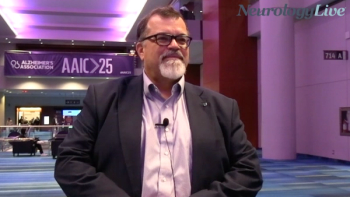
The chief scientific officer at Alzheon talked about a symposium on the role of amyloid-beta oligomers in AD and phase 3 clinical data of valiltramiprosate presented at AAIC 2025. [WATCH TIME: 5 minutes]

Phase 3 study demonstrates risdiplam's effectiveness in treating presymptomatic spinal muscular atrophy, showing improved outcomes for infants identified through newborn screening.
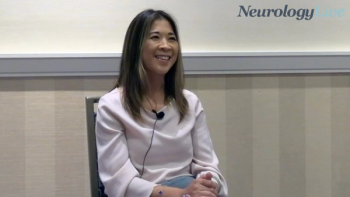
The physician assistant specializing in Parkinson disease talked about how comorbidities and patient preference guide clinical decisions in prescribing on-demand therapies for Parkinson disease. [WATCH TIME: 5 minutes]

The Harold I. Nemuth Chair in Neurological Disorders at Virginia Commonweath University discussed the rationale, results, and future directions of GLP-1 RA therapy as a novel treatment strategy for idiopathic intracranial hypertension.
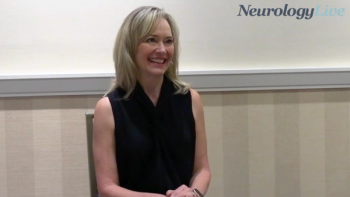
The CEO and cofounder of LSVT Global highlighted the importance of clinicians referring their patients with Parkinson disease early to evidence-based physical therapies, occupational therapies, and speech therapies. [WATCH TIME: 5 minutes]
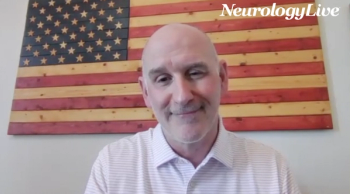
The Harold I. Nemuth Chair in Neurological Disorders at Virginia Commonwealth University provided hypothetical insights on potential stroke-related avenues for GLP-1 RAs to treat following positive data in idiopathic intracranial hypertension. [WATCH TIME: 4 minutes]

PTC Therapeutics faces FDA setback for vatiquinone, a potential Friedreich ataxia treatment, requiring further studies to demonstrate efficacy.

Explore the role of the complement system in autoimmune neuropathies like GBS and CIDP, and discover innovative therapeutic strategies targeting complement pathways.

Scholar Rock’s phase 3 SAPPHIRE trial of apitegromab revealed that the treatment led to improved motor function in patients with spinal muscular atrophy over a 52-week period.
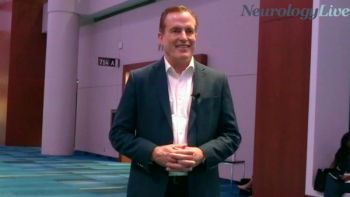
At AAIC 2025, the founder and CEO at Veravas discussed the company’s VeraBIND tau pathology blood test, highlighting its potential to detect Alzheimer disease earlier with high accuracy. [WATCH TIME: 4 minutes]

Recently published study links white matter changes to cognitive decline, emphasizing the cingulum and fornix as key biomarkers for memory loss.

At AAIC 2025, the chief executive officer at ALZpath discussed the growing adoption of the company’s pTau217 antibody blood test for AD research, emphasizing its potential role in early detection. [WATCH TIME: 4 minutes]